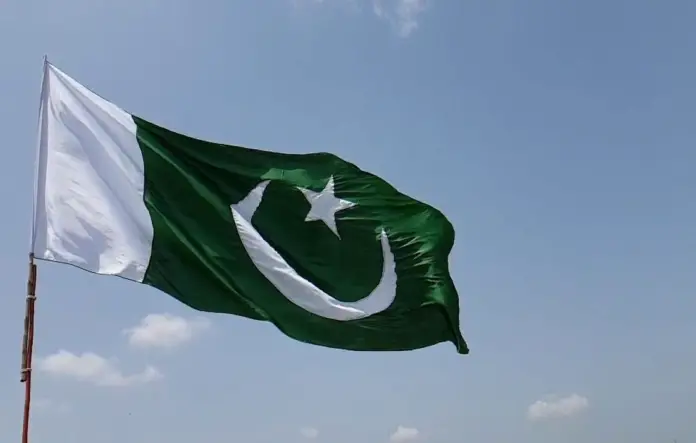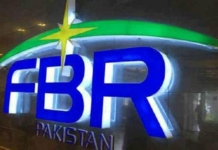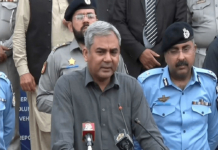Pakistan became independent following the end of British colonial authority over the subcontinent in 1947.
Pakistan will celebrate its 75th anniversary of independence on Sunday in the midst of a worsening political crisis that is already having a negative impact on its troubled economy.
The Pakistani rupee has never been lower than the US dollar, and the already fragile economy of the nation is now dealing with spiking inflation, rising indebtedness, and a decline in its foreign reserves.
Economist Shahid Hasan Siddiqui said that “The ongoing political instability has damaged the economy.”
According to Siddiqui, who spoke to Anadolu Agency, “new investments, both local and foreign are shying away along with an increasing flight of capital, including dollar smuggling,” and multinational corporations are also taking a “wait-and-see” stance because of the persistent political unpredictability.
Pakistan’s former finance secretary Waqar Masood Khan said the political unpredictability rattled the nation’s stock and FX markets, sparking a surge of speculation.
According to Masood, “panic” and “speculation” were the main causes of the rupee’s 20% depreciation, which could have been prevented.
He said, “It could be gauged by the fact that even with few signs of a recovery, the rupee has regained significant ground against the dollar over the past two weeks,” and predicted a further appreciation of the rupee after the International Monetary Fund (IMF) released the long-delayed loan tranche in late August.
Former adviser to the Ministry of Finance, Siddiqui Najeeb rejected the idea that holding fresh elections could resolve the nation’s current political and economic instability.
He stated that, in the short term, the nation “must” adhere to the terms of the IMF program and maintain a current account deficit between 1% and 2% of GDP. That’s how Pakistan’s gross financing requirements will be kept under control through the fiscal year 2023.
He further added, “To assure increased import substitution and incomes for the most vulnerable parts of the population, Pakistan must think about major energy sector changes, an emphasis on privatization, and boosting the country’s agriculture production.”
According to many historians, despite obstacles, Pakistan has made great strides in science and technology, the health sector, and athletics since the time of independence.
However, the economy has always been a contentious topic, with experts persistently urging both short- and long-term structural improvements.
According to government data, since 2012, terrorist strikes and suicide bombs in the nation have caused staggering damages to the nation’s economy and infrastructure totalling $140 billion.
The crippling coronavirus outbreak and the Russia-Ukraine conflict have destroyed the nation’s faltering economy.







